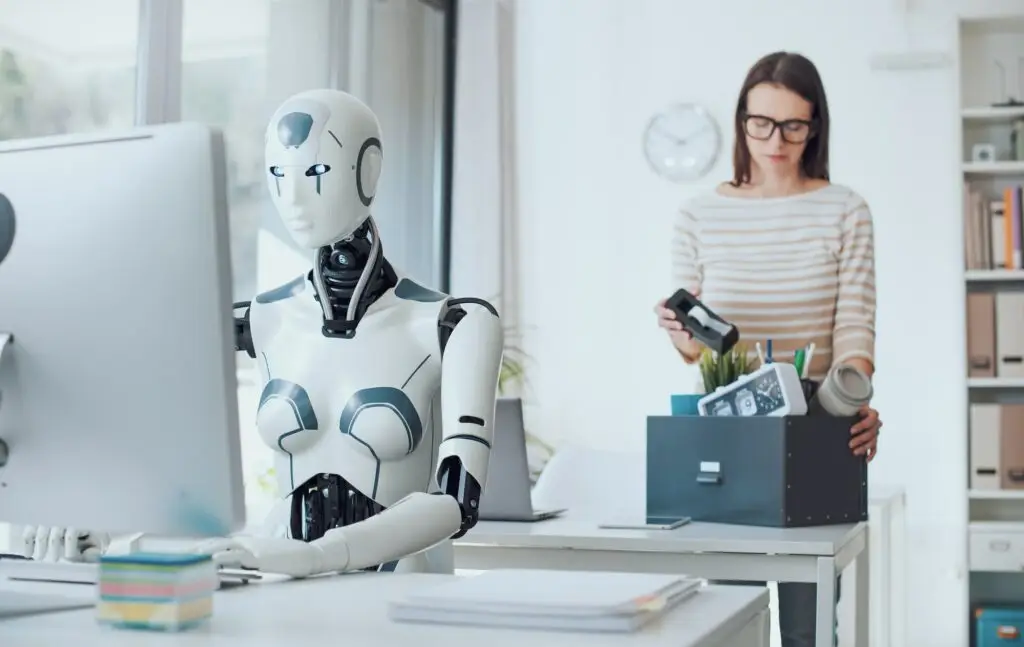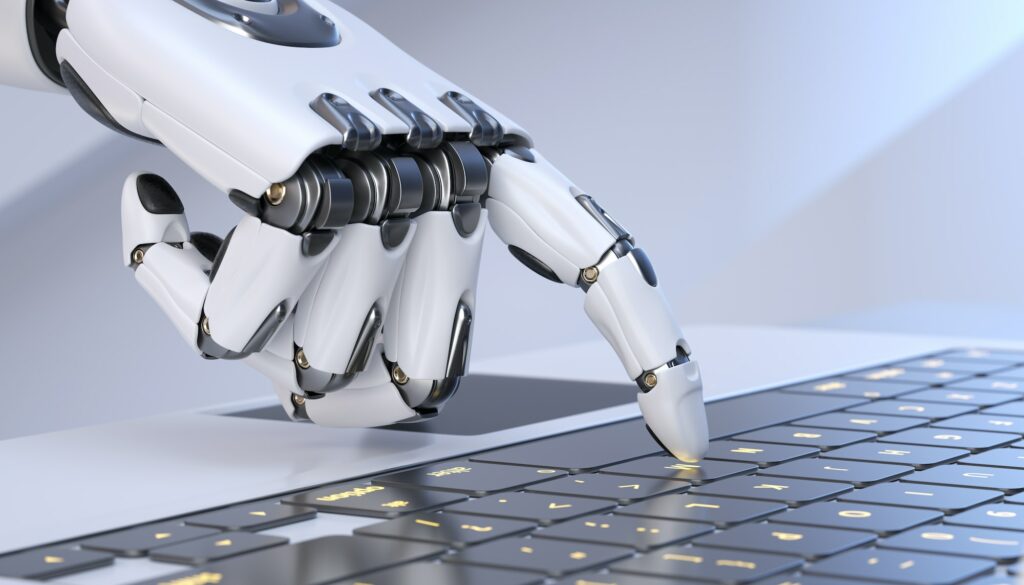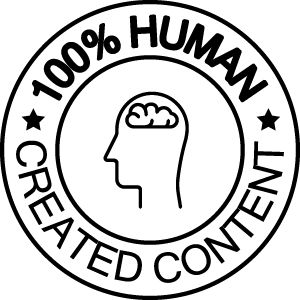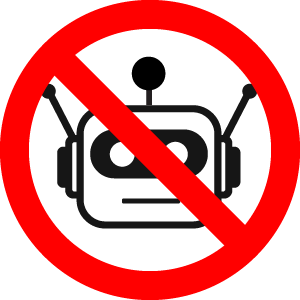There is no secret that the AI boom has taken quite its toll on the job market in the last year, and I will here take a look at why is AI bad for translators.
It feels like no matter where you look, jobs are being replaced by soulless robots designed to mass-generate outputs that only mimic the human experience.
I’ve already written a lot about the job displacement that AI has caused, including how both copywriters and a series of white-collar jobs will be lost as a result of Artificial Intelligence.
But the profession that is going to hurt the most sooner in addition to these jobs is the translation industry.
Every single day, large language models such as ChatGPT are getting smarter and learning more languages. Additionally, greed is a thing and translators are fairly pricy.
Let me tell you what the situation is looking like:
Businesses are moving towards AI with great enthusiasm
The biggest trend within language models and artificial intelligence in general in the last year has been its influx to the job market where any form of content production takes place.
Buzzfeed laid off 12% of its employees to be replaced by AI, as well as IBM and Microsoft.
McKinsey predicts that by 2030, up to 800 million people will experience some sort of job displacement as a direct result of Artificial Intelligence.
To put that in perspective, that is 30% of the entire world’s workforce.
And now people start to see why AI is bad!

What are the counterarguments?
If you scroll online you’ll see a lot of people say that “AI will never replace translators because it lacks the human nuance”
It actually boggles my mind that people could still possibly believe that. Believe that big business is going to spend thousands of dollars they don’t feel like they need to just to make sure that the text has just a little more “human nuance”.
Listen, right now if you need something to be translated you go online, find a translator and either hire them in-house or use freelancers.
These translators cost money! Most will charge between eight to thirty cents a word, which can quickly rack up to some high prices.
(And hear me out: I’m not bagging on translators for being pricy. That is a fair wage for a tough job. I would know, I used to be an online text translator back in my younger days.)
However, with Artificial Intelligence, you can literally have Jane from accounting just put the entire text into a generative AI and have her proofread it afterward to make sure it has “that human nuance”
Additionally, who says AI can’t have human nuance??
Yes, right now it’s fairly easy to spot Artificially generated content. At least for people like me who dedicates their life to sniffing out AI-generated sentences wherever we find them.
But how about in a couple of years?
There’s a new AI development revolution every gooddamn week!
The industry predicts that a vast vast majority of translators will have lost their jobs by 2028.
It’s just the inevitable reality that we live in now. And you ask why AI is bad?
Now I’m not saying that the AI-generated text will be as good as human-translated ones. In fact, I am certain it will be much, much worse.
In the same vein that I absolutely detest reading AI-generated content, I also hate the idea of having to read AI-translated text as well.
However, the Western world lives in an extreme state of stagnant capitalism.
Meaning that businesses don’t really care about quality if it still brings in money.
Why would any corporation spend thousands of dollars to have something translated with a turn-around of days and weeks when it could be done in a few hours for the small price of a couple of hours of Jane’s time?

What is the solution then? Just give up?
No.
There is one thing you can do, and that is to ensure that businesses and content creators alike are constantly discouraged from using AI to assist their translation job.
Although it’s not realistic for all instances, putting in an effort to NOT consume AI-generated content comes with many benefits.
First off, your own personal mental health.
But also, it tells the market that human-generated content has value.
Because it does.
This is why I personally make a conscious effort not to consume this dead robot-spewed content. Like actively avoiding websites such as Buzzfeed and IBM (not that I spent much time on those sites before..)
A great way for content creators, especially those in smaller businesses, to make it abundantly clear they refuse to use AI, is to download any of these free no-AI icons.

By putting them on the website, it tells all their readers that their website does not make use of generative AI which significantly increases the value of their content.
Why is AI bad for translators? It does the job quick and cheap.
The reality of the situation is that every single month humanity is losing more and more of what makes us special.
This “human nuance” that the experts keep talking about is being completely homogenized by an artificial intelligence language model that is specifically designed and programmed to mimic it.
We are desperately clinging to a world that is actually built by beings with emotional intelligence and empathy.
economic one that is going to leave a lot of people worse off.
A lot of people already know how dangerous it is, which makes it all even more terrifying. Is it apathy or dread that is preventing people from avoiding AI? Regardless, you can read all about what the western worlds public opinion of Artificial Intelligence is right here.

What remains if we allow these generative to completely dictate how we go about our days?
By allowing language models to run rampant, we are allowing massive corporations to strip us of our very soul.
We cannot let that happen.
Put in the effort, do your research, and say no to AI.
THIS ARTICLE WAS WRITTEN WITHOUT THE ASSISTANCE OF ARTIFICIAL INTELLIGENCE.